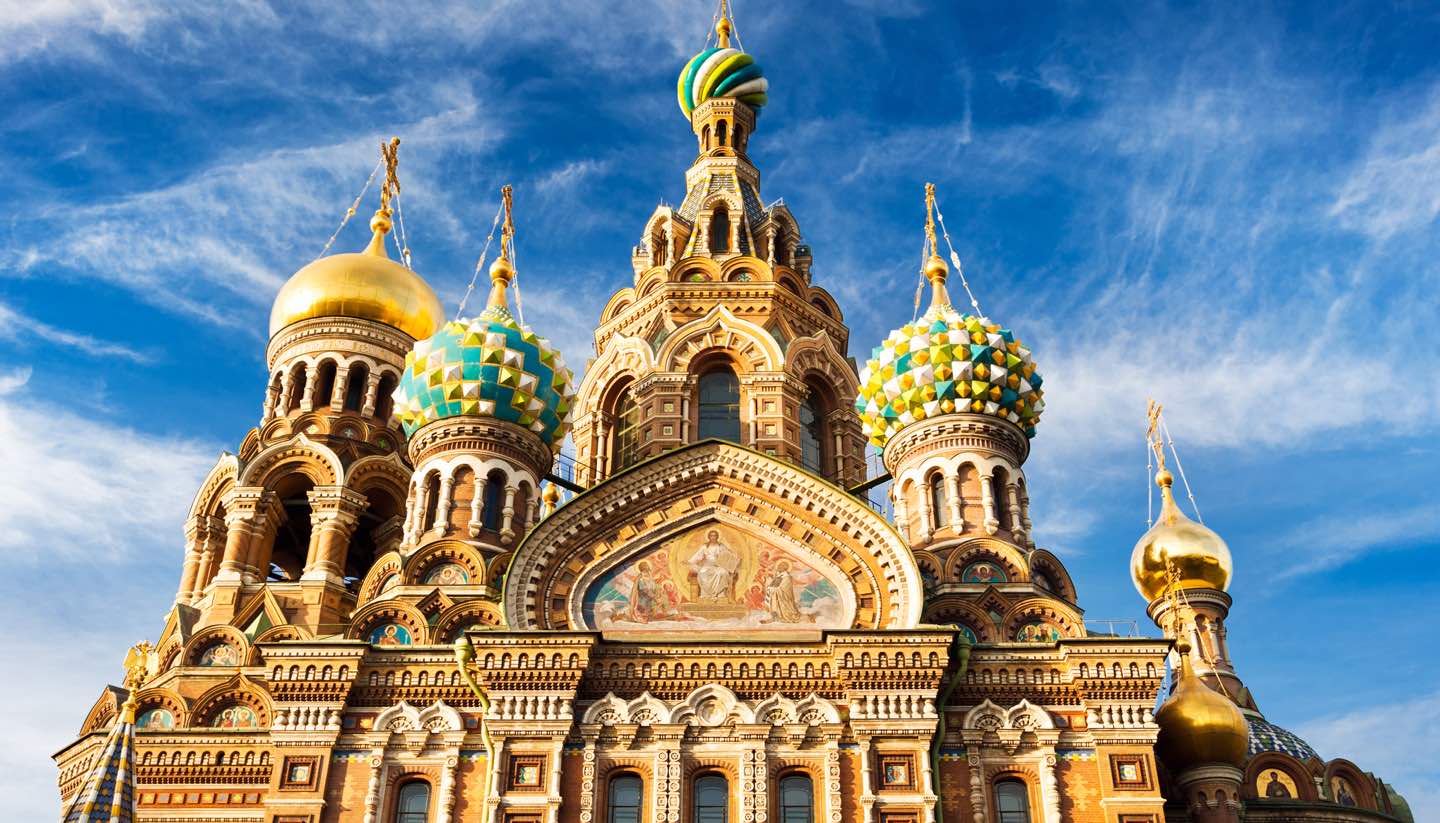St Petersburg History
Founded in 1703 by Peter the Great, the former capital of Russia was once known as the Venice of the North but was almost destroyed during WWII before being left to decline under Stalin.
Perched on a series of islands, where the River Neva meets the Gulf of Finland, St Petersburg was a planned city, with construction personally supervised by Peter the Great.
But St Petersburg was more than just a vanity project - at the time, western Russia was threatened by Sweden, and a vast naval port was created to allow the Russian Navy to assert its dominance over the Baltic Sea. Nevertheless, the grandiose palaces immediately marked St Petersburg out as one of the great cities of Europe.
During the 18th and 19th centuries, the Tsars of St Petersburg lived a life of extravagant luxury in magnificent palaces. But the opulent lifestyle of the tsars depended on the abject poverty of serfs and peasants, sowing the seeds of discontent that eventually led to the Russian Revolution in 1905.
The Bolsheviks took power in 1917, the same year that Nicholas II abdicated. After Lenin’s death in 1924, the city was renamed Leningrad. The resulting years saw an explosion of Stalinist architecture, planned boroughs and the nationalisation of housing.
The onset of WWII had a devastating impact on the city. During the three-year Nazi Siege of Leningrad from 1941 to 1944, more than one million residents starved or froze to death, while the city's artists and intelligentsia were decimated in Stalin's purges. The city was renamed Stalingrad in 1945.
Following the collapse of Communism in 1985, St Petersburg was starved of state funding and many of its most glorious palaces and cathedrals fell into disrepair. Since then, the city has fought its way back to greatness, aided by foreign investors and the new Russian oligarchs. Today, its wealth of museums and palaces have made it a top cultural and historical hotspot.
Did you know?
• St Petersburg is the setting of many great works of literature, including Fyodor Dostoyevsky’s Crime and Punishment.
• The city was built entirely on swampland.
• At the start of WWI, the city was briefly renamed Petrograd as St Petersburg’ was deemed to sound too German.


